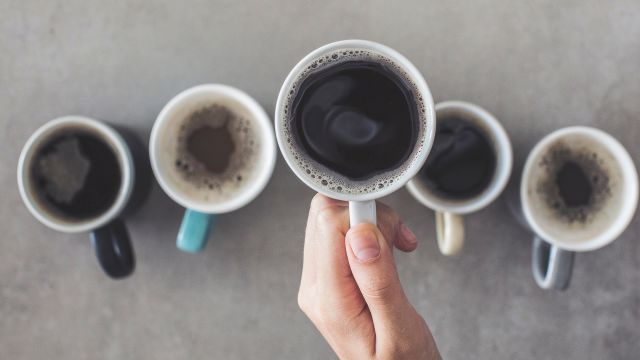Urinary incontinence refers to a person’s inability to control when they release urine—in other words, your bladder leaks before you are able to get to a bathroom. This happens because the muscles around the bladder are not working properly. While incontinence can occur for a short time due to some medications, it can also continue indefinitely because of a weak bladder, urinary tract infections, damage to nerves due to diabetes, or pelvic prolapse.
There are several different types of incontinence:
- Urge incontinence, the inability to “hold it” until reaching a restroom.
- Stress incontinence, the leakage of urine during exercise, sneezing, or other activities that involve pressure on the bladder.
- Functional incontinence, leakage as a result of the inability to reach a restroom due to other physical conditions.
- Overflow incontinence, when the bladder is unable to hold anymore urine and leaks.
While urinary incontinence is more common in older people and women, it can happen to anyone.
If you suspect you have bladder incontinence, it is important to visit a healthcare professional. Your healthcare provider will ask questions about your medical history regarding when and how often you experience leakage. They will also perform a physical exam to determine which type of incontinence you are experiencing. The exam might include a bladder stress test, urine cultures, a bladder ultrasound, or other relevant tests.
There is also a significant link between dietary habits and bladder control. Certain foods and drinks as well as the time of day a person eats and drinks can have an impact on uncontrollable urges or leakage. If you are experiencing bladder incontinence, it is highly recommended you discuss treatment options with a doctor. However, there are some changes you can make to your day in order to better manage symptoms.
- Limiting your fluid intake to certain times. For example, don’t drink anything before going out or a few hours before bedtime. It’s important not to limit your fluid intake too much—your body needs adequate amounts of water to stay healthy. Drinking too little can also cause urine to become too concentrated, which can irritate the bladder.
- Avoid foods and drinks that irritate the bladder. These include alcohol, caffeine, citrus fruits and juices, tomatoes (including tomato-based sauces and foods), carbonated drinks, chocolate, and spicy foods.
- Maintain a healthy weight and exercise daily. If you are overweight or obese, talk to your healthcare provider about safe and sustainable ways to lose weight.
- Quit smoking (if you smoke). Smoking can irritate the bladder, and urinary incontinence is more common among smokers and ex-smokers. Smoking can also lead to coughing, which can contribute to stress incontinence.
Some medications can also aggravate incontinence and your healthcare provider should be aware of all medications that you are taking. Bring a list of all medications you take to your appointment with your healthcare provider, including prescription medications, over-the-counter medications, vitamins, and supplements (including herbal supplements).
Remember that urinary incontinence can have a number of different causes. If you are experiencing symptoms, it is important to see a healthcare provider.






